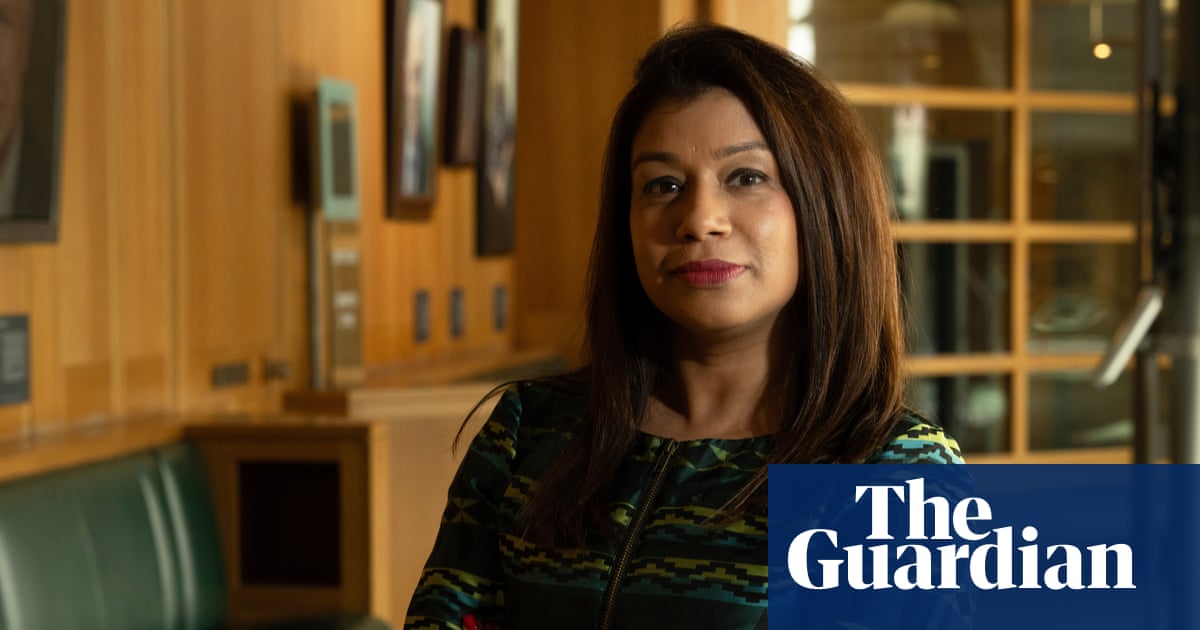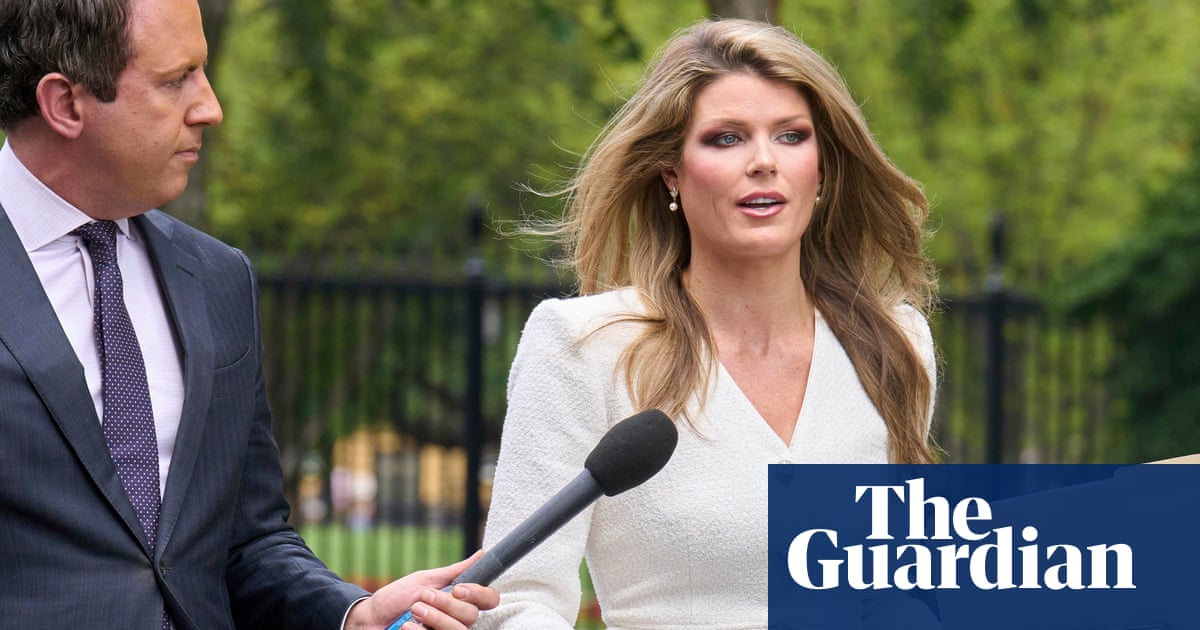Only a tiny minority of criminal cases in England and Wales are decided by a jury – as few as 1%, once guilty pleas and judge-directed acquittals are taken into account. There are democracies where jury trial is rarer still. That is relevant context for the recommendation, published on Wednesday in an independent review of the criminal courts, that more cases be heard by magistrates. There are also good reasons why the right to be judged by one’s peers is deemed a foundational principle of justice and an insurance against prejudice and capricious power. This, too, is relevant context.
Sir Brian Leveson, a former judge, recognises the sensitivity around any restriction on jury trial. But he weighs it against “the real risk of total system collapse in the near future”. He argues that the backlog of unheard crown court cases – currently about 77,000 – betrays the victims of crime, leaves witnesses and defendants in limbo and corrodes faith in the whole apparatus of justice. To get the system back on track, Sir Brian makes 45 recommendations, covering a range of sentencing and divisions of labour between police, magistrates and crown courts.
The most controversial measure, if adopted by the government, is sure to be ending the right to be tried in front of a jury for offences that carry a maximum sentence of two years or fewer. The report also proposes that judges alone should decide complex fraud cases that notoriously tax jurors’ time and capacity to absorb highly technical testimony.
Sir Brian is candid in acknowledging that the changes are not ideal. They express an invidious choice between unpalatable compromise and an intolerable status quo, tending towards calamity. He makes a case for reform irrespective of the wider fiscal constraints facing the government. But he notes also that the terms of reference for his inquiry sought recommendations that “take account of the likely operational and financial context at the time that they may be considered and implemented”.
In other words, it is a question of finding the least worst solution when justice must be tailored to a tight budget. This is a crisis of long gestation. The justice department was among those “unprotected” portfolios that bore a disproportionate burden of austerity when George Osborne was chancellor. The court system is also still struggling to recover from extreme disruption during the Covid pandemic. Labour has taken steps to ease the case backlog, funding more sitting days and appointing judges. But the rate of improvement is insufficient given the scale of the problem, hence the review and the drastic measures it proposes.
Whether curtailment of jury trial is a price worth paying to avert the worst-case scenario is a nasty question that only arises because adequately funded reform is not on the table. This has become a painfully familiar political conundrum for Labour.
The government was elected to fix a badly broken state, but on a manifesto that precluded most of the Treasury revenue-raising measures that might expedite tangible change. As a result “reform” has become a euphemism for shrinking services and withdrawing entitlements. When the time comes, ministers might feel compelled by fiscal circumstance to accept Sir Brian’s recommendations. If so, they will struggle to make a compelling case for a policy that so obviously compromises judicial principle for want of a long-term, better-funded plan.

 2 months ago
104
2 months ago
104

















































